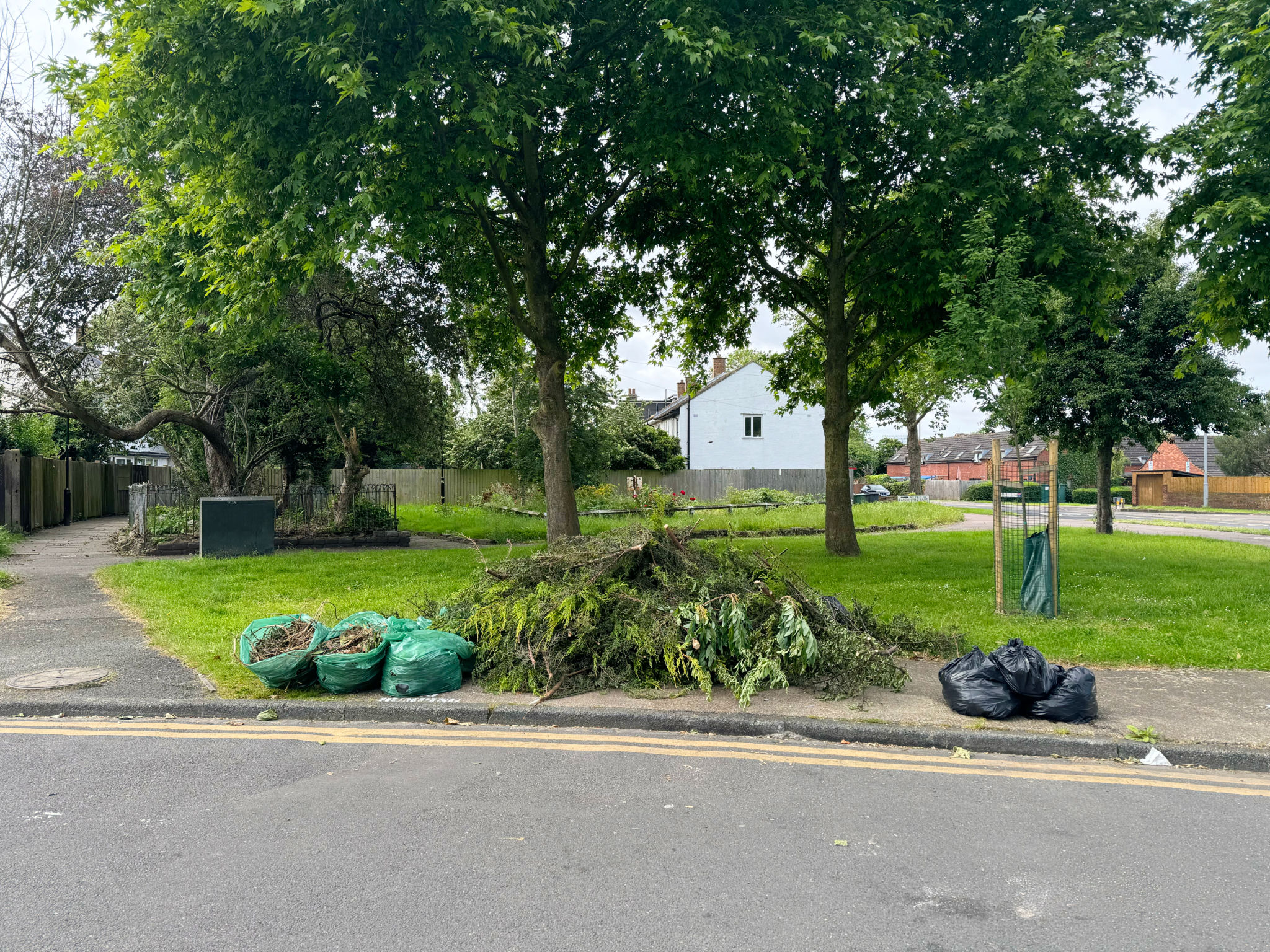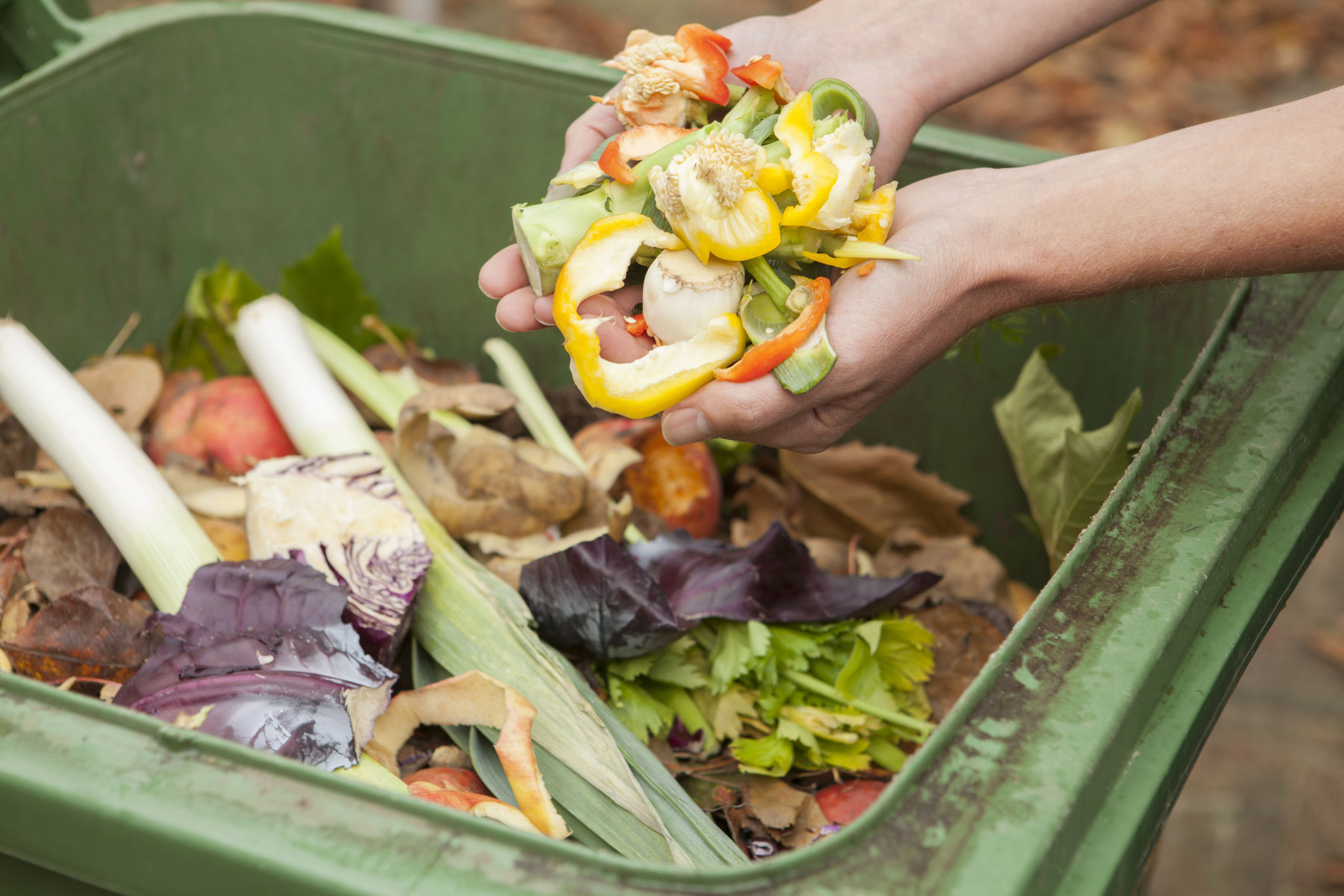Efficient Yard Waste Collection: What You Need to Know
Introduction to Efficient Yard Waste Collection
Maintaining a healthy and attractive yard requires regular cleanup, which often results in a significant amount of yard waste. Knowing how to manage this waste efficiently can save you time, effort, and money. This guide will take you through everything you need to know about effective yard waste collection.

Understanding Yard Waste
Yard waste consists of organic material such as grass clippings, leaves, branches, and other plant debris. Properly managing this waste not only helps keep your yard tidy but also supports environmental sustainability by reducing landfill use.
Before disposing of your yard waste, it's important to understand what materials are considered acceptable. Most municipalities have specific guidelines on what can and cannot be collected, so always check with your local authorities.

Methods of Collection
There are several methods available for collecting yard waste, each with its own benefits. You can choose from:
- Regular municipal pickup: Many cities offer weekly or bi-weekly yard waste collection services.
- Drop-off centers: These facilities allow you to bring your yard waste directly to a processing site.
- On-site composting: Composting is an eco-friendly option that turns waste into nutrient-rich soil.
Preparing Your Yard Waste for Collection
Proper preparation of yard waste is crucial for efficient collection. Here are some tips to ensure your waste is ready:
- Bag appropriately: Use biodegradable bags or containers approved by your local waste management services.
- Separate materials: Keep leaves, branches, and grass clippings in separate piles or bags as required.
- Adhere to size limits: Ensure branches and other bulky items are cut down to the size specified by your local service.

The Benefits of Efficient Yard Waste Management
Efficient yard waste management offers numerous benefits. It helps maintain a clean outdoor environment and reduces the amount of waste sent to landfills. Additionally, converting yard waste into compost enriches your soil, promoting healthier plant growth.
By following proper collection guidelines, you contribute to community efforts aimed at sustainability and environmental preservation. Ensuring that your yard waste is managed efficiently also makes it easier for local services to process and recycle materials.
Troubleshooting Common Issues
Despite the best efforts, you might face challenges with yard waste collection. Common issues include missed pickups or non-compliance with local guidelines. Address these problems by:
- Confirming collection schedules: Double-check local collection days and policies.
- Contacting local services: Report any missed pickups or questions to your municipal service provider.
- Reviewing guidelines: Ensure you're following all preparation and sorting rules set by your locality.

Conclusion
Efficient yard waste collection is essential for maintaining a healthy and attractive outdoor space while supporting environmental conservation efforts. By understanding the types of yard waste, preparing it correctly, and following local guidelines, you can contribute to a cleaner community and enjoy the benefits of a sustainable approach to waste management.
Remember, each small step towards efficient yard waste management makes a big difference in preserving our environment for future generations.